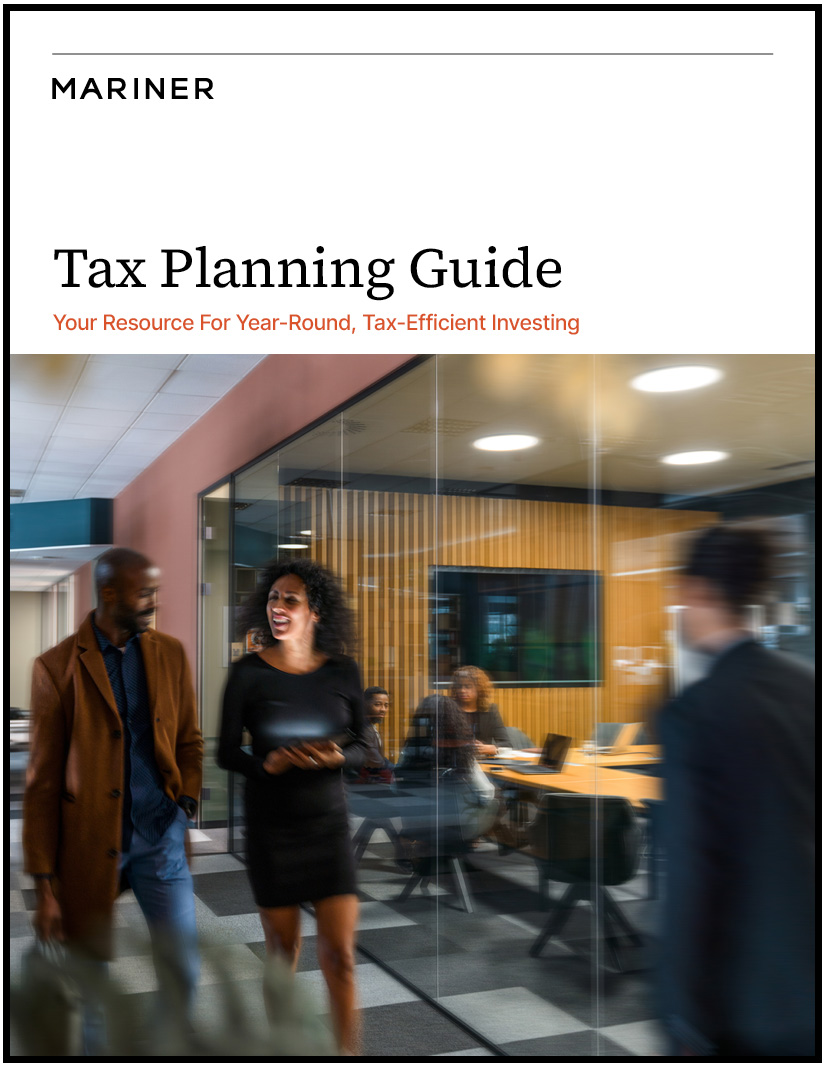What You Need to Know About Kiddie Tax

Kiddie tax is a tax law that was implemented in 1986 to prevent parents from taking advantage of lower tax rates by giving their children large gifts of stock that would be subject to the child’s lower tax rate on investment income.
Changes Through the Years
When the program was created, the unearned portion of a child’s investment income under a specific threshold, $2,200, was considered tax free, while the earned portion was subject to taxes at the child’s tax rate. Any income a child earned above the threshold was to be taxed at the guardian’s rate.
In 2023, the first $1,250 of a child’s unearned income qualifies for the standard deduction. The next $1,250 will be taxed at the child’s income tax rate.
This tax currently applies if:
- The child (or young adult) has unearned income that exceeds $2,500 (which will be taxed at the parents’ normal tax bracket);
- The child has not reached the age of 19 by the close of the taxable year, or the child is a full- time student under the age of 24 and either of the child’s parents is alive at such time;
- The child does not file a joint return.
Once a dependent has gross income that exceeds $12,500, they are required to file their own separate return.1
Tax Guide: Your Resource for Year-Round Tax-Efficient Investing
Year-round planning with an advisor could help improve your overall wealth plan. Find out more by downloading our tax guide.
For more on this topic, check out our podcast on how to keep your kids financially literate.
A Team Approach
At Mariner, our in-house tax professionals can work with your wealth advisor to help you navigate the kiddie tax.
Sources:
Additional fees may apply for tax planning and preparation services.
This article is limited to the dissemination of general information pertaining to Mariner Wealth Advisors’ investment advisory services and general economic market conditions. The views expressed are for commentary purposes only and do not take into account any individual personal, financial, or tax considerations. As such, the information contained herein is not intended to be personal legal, investment, or tax advice or a solicitation to buy or sell any security or engage in a particular investment strategy. Nothing herein should be relied upon as such, and there is no guarantee that any claims made will come to pass. Any opinions and forecasts contained herein are based on the information and sources of information deemed to be reliable, but Mariner Wealth Advisors does not warrant the accuracy of the information that any opinion or forecast is based upon. You should note that the materials are provided “as is” without any express or implied warranties. Opinions expressed are subject to change without notice and are not intended as investment advice or to predict future performance. Investing involves risk and the potential to lose principal. Past performance does not guarantee future results. Consult your financial professional before making any investment decision.
Mariner is the marketing name for the financial services businesses of Mariner Wealth Advisors, LLC and its subsidiaries. Investment advisory services are provided through the brands Mariner Wealth, Mariner Independent, Mariner Institutional, Mariner Ultra, and Mariner Workplace, each of which is a business name of the registered investment advisory entities of Mariner. For additional information about each of the registered investment advisory entities of Mariner, including fees and services, please contact Mariner or refer to each entity’s Form ADV Part 2A, which is available on the Investment Adviser Public Disclosure website. Registration of an investment adviser does not imply a certain level of skill or training.


